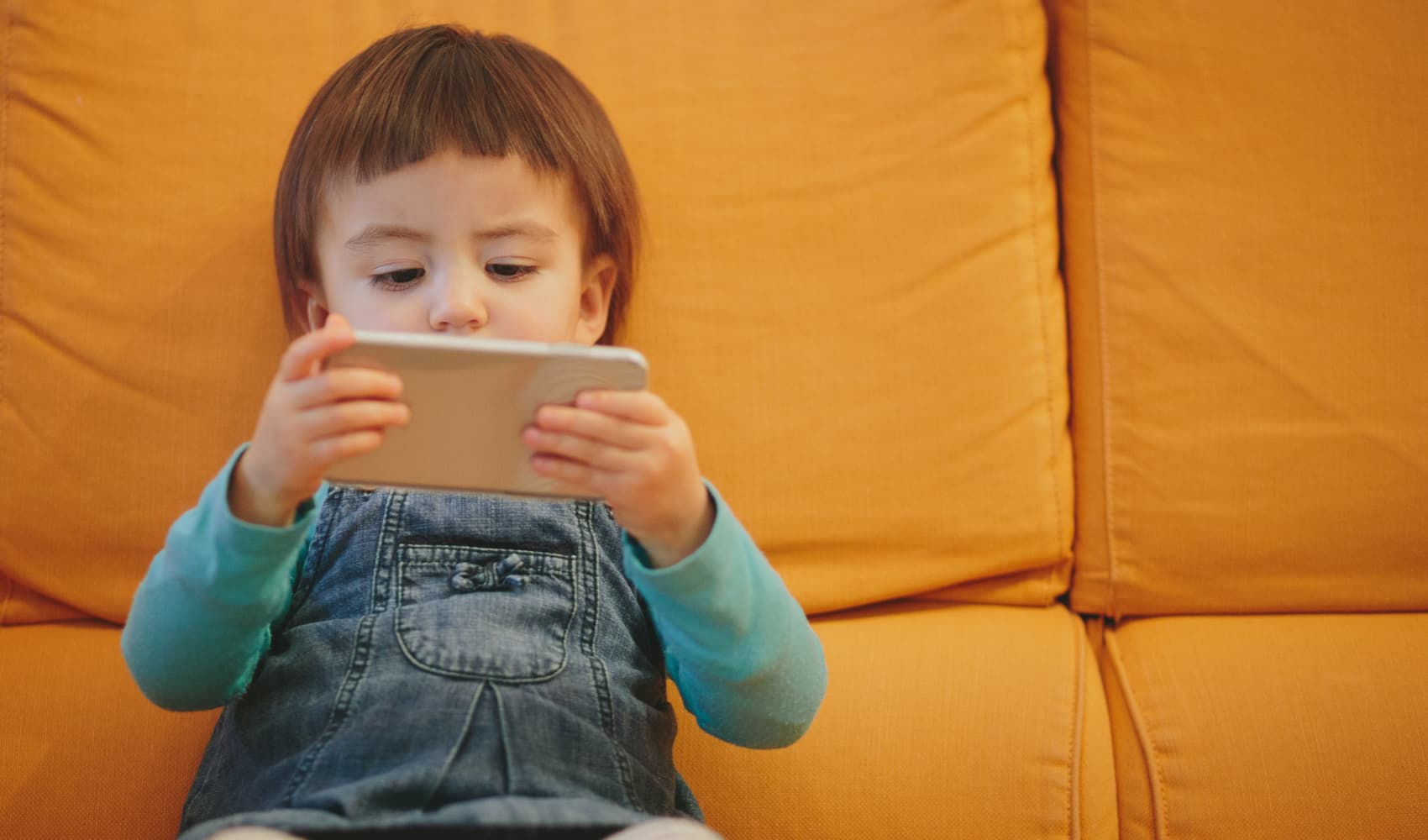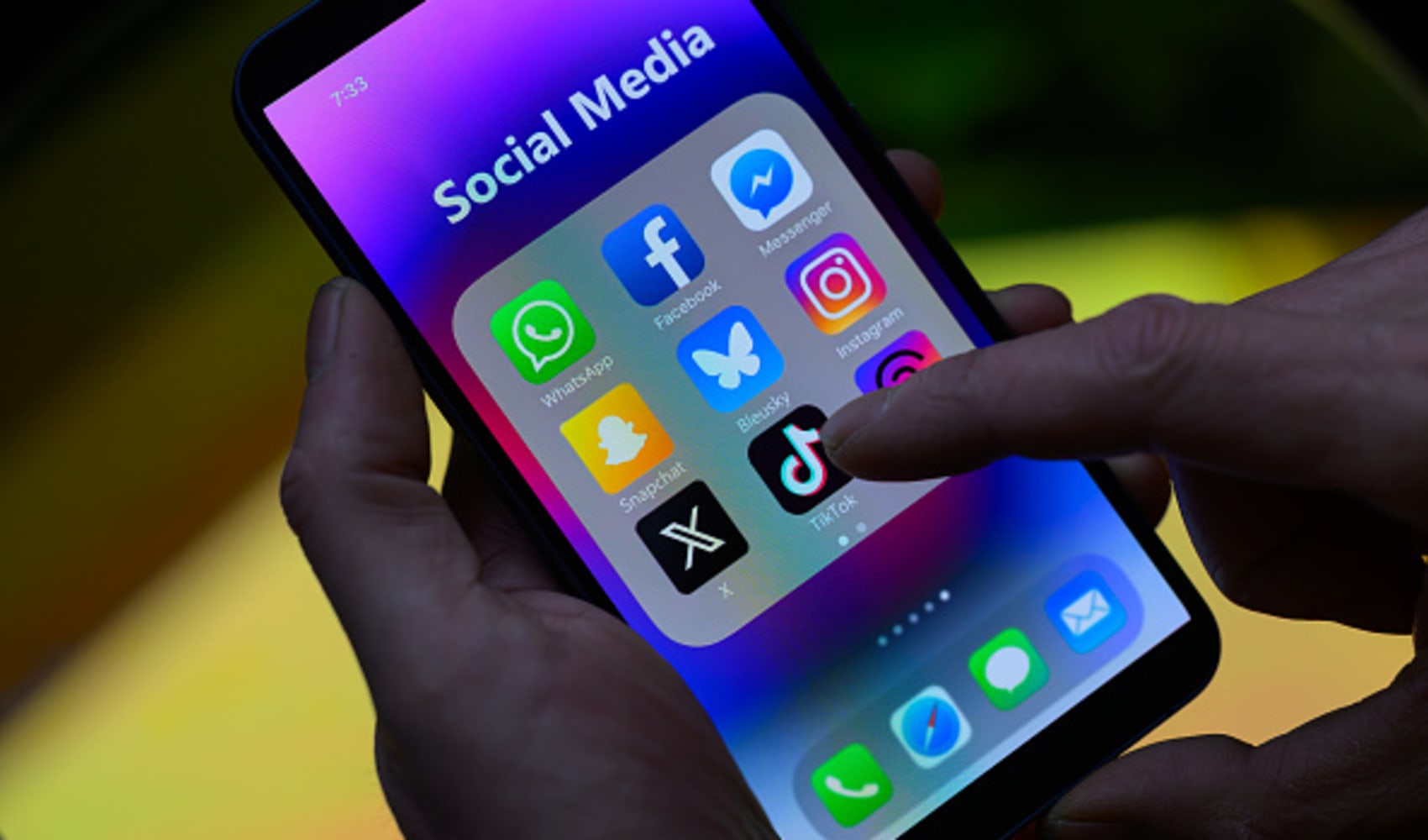Tech Not Evil? How Screens Benefit Kids, Author Reveals
Screen Time Savior? Why One Author Says Tech Isn't All Bad for Kids
Rethinking Screen Time: A Journalist's Perspective
For the last few years, it feels like we've been bombarded with warnings. Psychologists and social media experts have been sounding the alarm, practically shouting about the harmful effects of excessive screen time. It's enough to make any parent terrified to hand over a phone or tablet.
In his 2023 report, “Our Epidemic of Loneliness and Isolation,” U.S. Surgeon General Vivek Murthy even named social media as one of the main culprits behind young people feeling more alone. That's a serious accusation.
“Several examples of harms include technology that displaces in-person engagement, monopolizes our attention, reduces the quality of our interactions, and even diminishes our self-esteem,” Murthy wrote. He's got a point. Scrolling endlessly can definitely feel like a black hole.
And let's not forget Jonathan Haidt, the New York University social psychologist, whose best-selling book “The Anxious Generation” makes a compelling case that technology is actually rewiring young people’s brains, leading to anxiety and depression. It's a scary thought, isn't it?
So, naturally, being cautious about how much access to technology kids have seems like the only responsible thing to do. However, what if I told you that there are ways to utilize screens that aren’t actually harmful? What if, dare I say it, some screen time could even be… beneficial?
Enter the Contrarian View: Not All Tech is Toxic
In her new book, "Second Life: Having..." (content truncated for brevity), one journalist and author is challenging the prevailing narrative. She argues that our fear of screen time might be overblown, and that, in fact, technology can offer kids incredible opportunities for learning, connection, and even self-discovery. I found myself agreeing with her more than I expected. It's a brave stance to take, and it made me rethink my own anxieties about my kids' screen habits.
The Benefits We Overlook: Learning and Growth
Educational Opportunities Abound
Think about it: access to Khan Academy, coding tutorials on YouTube, language learning apps. These are all incredible resources that were simply unavailable to previous generations. Technology can democratize education, making it accessible to anyone with a device and an internet connection. It's like having a personal tutor available 24/7.
Developing Essential Tech Skills
Let's face it: technology isn't going anywhere. In fact, it's becoming more deeply integrated into every aspect of our lives. Teaching kids to navigate the digital world responsibly and effectively is crucial for their future success. They need to learn how to code, how to create digital content, how to collaborate online – these are the skills of the future. We can't shield them from technology; we need to empower them to use it wisely.
Connecting and Building Communities
Finding Your Tribe Online
For kids who feel like they don't quite fit in at school or in their local community, the internet can be a lifeline. It provides a space to connect with like-minded individuals, to find support groups, and to build friendships based on shared interests. Think of a shy kid who loves anime finding an online community of fellow fans. It can be incredibly empowering.
Maintaining Long-Distance Relationships
Grandparents living far away, cousins in another state – technology allows kids to maintain meaningful relationships with family members who they might not see very often. Video calls, shared photos, online games – these tools help bridge the distance and keep families connected. It's a modern-day pen pal, but with instant connection!
Creativity Unleashed: Expression and Innovation
Platforms for Self-Expression
TikTok, Instagram, YouTube – these platforms may be demonized, but they also provide kids with incredible opportunities to express themselves creatively. Whether it's making videos, writing stories, creating art, or composing music, technology empowers kids to share their talents with the world. It's a digital stage where anyone can perform.
Developing Digital Art Skills
Digital art is booming. From graphic design to animation to video game development, there are countless opportunities for kids to learn and develop their artistic skills using technology. Think of it like this: the digital canvas is endless, and the possibilities are limitless.
The Key is Balance: Moderation and Mindfulness
Setting Healthy Boundaries
Of course, moderation is key. Just like with anything else, too much screen time can be detrimental. Parents need to set healthy boundaries, establish clear rules, and monitor their kids' online activity. It's about finding the right balance between the digital world and the real world.
Encouraging Offline Activities
Make sure your kids are still spending plenty of time outdoors, playing sports, reading books, and engaging in face-to-face interactions. Technology should complement, not replace, real-world experiences. Think of it like a well-rounded diet – you need a variety of nutrients to thrive.
Safety First: Protecting Kids Online
Educating About Online Safety
It's crucial to educate kids about online safety, including the dangers of cyberbullying, online predators, and inappropriate content. Teach them how to protect their personal information, how to identify scams, and how to report harmful behavior. It's like giving them the tools they need to navigate a dangerous neighborhood.
Utilizing Parental Controls
Parental control apps and software can be helpful tools for monitoring your kids' online activity, setting time limits, and blocking inappropriate content. These tools can provide an extra layer of protection and give you peace of mind. It's like having a digital watchdog looking out for your kids' safety.
The Importance of Parental Involvement
Engaging With Your Kids' Online World
Don't just ban technology or passively allow it. Take an active interest in what your kids are doing online. Ask them about the games they're playing, the videos they're watching, and the friends they're connecting with. By engaging with their online world, you can build trust, foster open communication, and help them navigate the digital landscape safely. Think of it like learning their language – you can only understand them if you speak it too.
Modeling Responsible Tech Use
Kids learn by example. If you're constantly glued to your own phone, it's hypocritical to expect them to limit their screen time. Model responsible tech use by setting boundaries for yourself, putting your phone away during meals, and engaging in offline activities with your family. Be the role model you want your kids to emulate.
Beyond Entertainment: Technology for Good
Connecting with Causes and Activism
Technology can empower kids to get involved in social and environmental causes they care about. They can use social media to raise awareness, participate in online campaigns, and connect with organizations working to make a difference. It's a powerful tool for social change.
Developing Empathy and Understanding
By exposing kids to different cultures, perspectives, and experiences online, technology can help them develop empathy and understanding. They can learn about the challenges faced by people around the world and connect with others who are different from them. It can broaden their horizons and make them more compassionate global citizens.
The Future is Digital: Embracing the New Reality
Preparing for a Tech-Driven World
The future is undeniably digital. From the workplace to the classroom to the social sphere, technology is shaping every aspect of our lives. By embracing technology and teaching kids how to use it responsibly, we're preparing them for the challenges and opportunities of the future. It's not about fearing the unknown; it's about empowering them to navigate it with confidence.
Finding the Balance: A Call for Nuance
Ultimately, the debate about technology and kids isn't about whether screens are good or bad. It's about finding the right balance, setting healthy boundaries, and fostering responsible tech use. It's about recognizing the potential benefits of technology while mitigating the risks. It's a nuanced issue that requires thoughtful consideration and open communication.
Conclusion: Reclaiming the Narrative Around Kids and Tech
So, is technology the enemy? Not necessarily. As this journalist and author suggests, perhaps it's time to re-evaluate our fears and embrace the potential benefits of technology for our kids. By setting healthy boundaries, engaging with their online world, and modeling responsible tech use, we can empower them to thrive in the digital age. The key takeaways are: moderation is vital, engagement is crucial, and education is paramount.
Frequently Asked Questions
Q1: What's the recommended amount of screen time for kids?
A: There's no one-size-fits-all answer. It depends on the child's age, personality, and activities. However, most experts recommend limiting recreational screen time to 1-2 hours per day for older children and teens, and less for younger children. Focus on quality over quantity – educational and interactive screen time is generally better than passive viewing.
Q2: How can I tell if my child is spending too much time on screens?
A: Look for signs like decreased interest in other activities, difficulty sleeping, irritability, anxiety, and social withdrawal. If you notice these changes, it's time to reassess your child's screen time habits.
Q3: What are some fun and engaging alternatives to screen time?
A: The possibilities are endless! Encourage outdoor play, reading, board games, arts and crafts, sports, and spending time with family and friends. Get creative and find activities that your child enjoys.
Q4: How can I talk to my child about online safety?
A: Start early and have open and honest conversations about the dangers of the internet. Teach them about cyberbullying, online predators, and inappropriate content. Emphasize the importance of protecting their personal information and reporting harmful behavior.
Q5: What are some good parental control apps and software?
A: There are many options available, including Qustodio, Net Nanny, and Bark. These tools allow you to monitor your child's online activity, set time limits, and block inappropriate content. Research different options and choose one that fits your family's needs.


